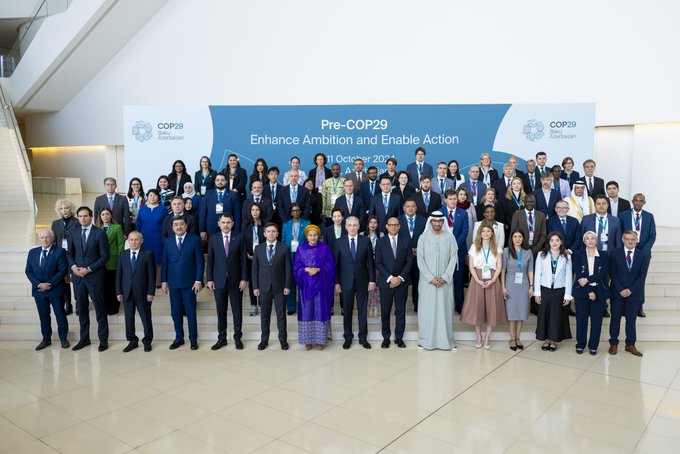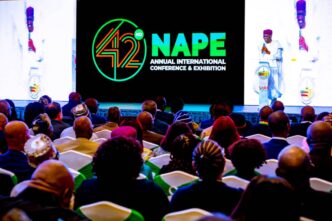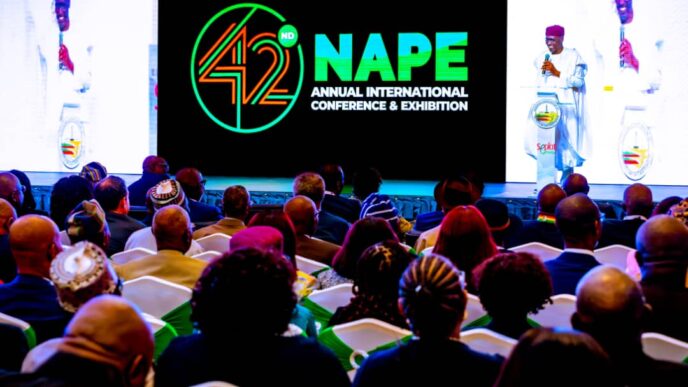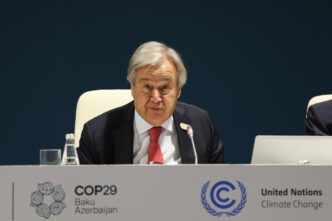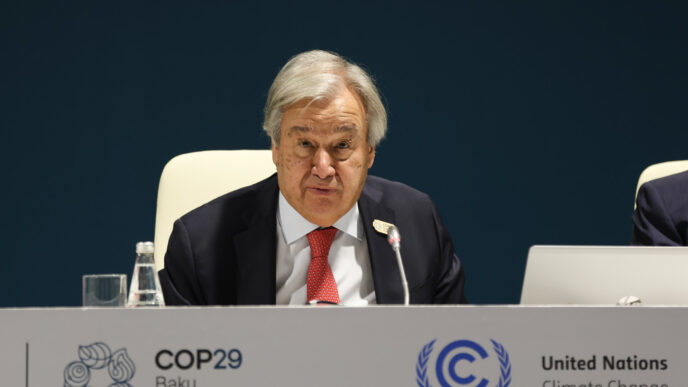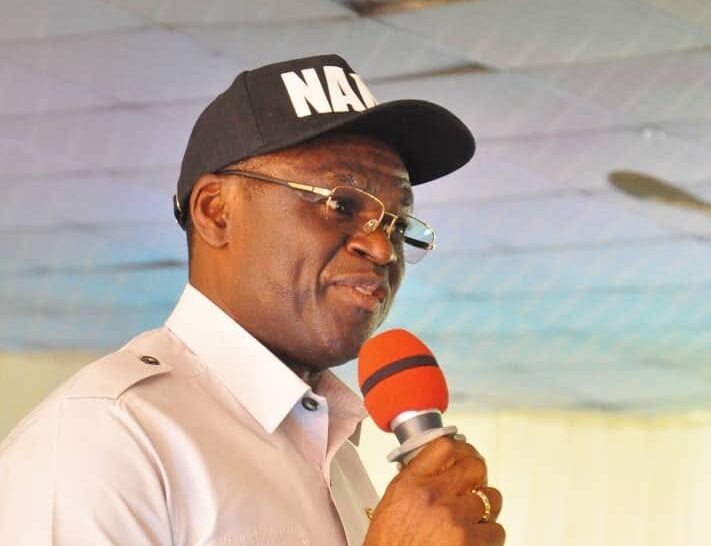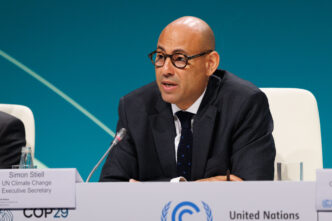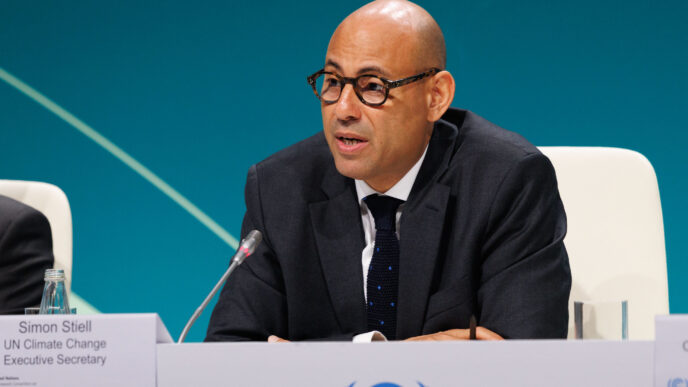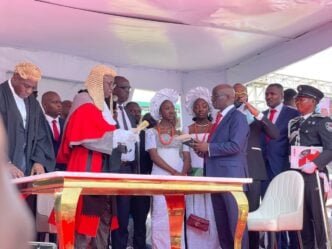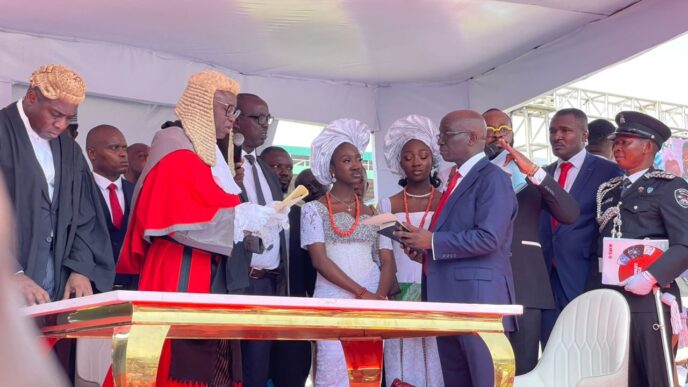On Monday, the 29th Conference of the Parties (COP29) to the United Nations Framework Convention on Climate Change (UNFCCC) converged in Baku, Azerbaijan, to confront urgent climate challenges.
Regarded as the ‘Finance COP’, this year’s agenda is filled with ambitious goals aimed at accelerating global climate action by focusing on financial support for vulnerable countries, enhanced national climate commitments, and renewed efforts to phase out fossil fuels.
Under the leadership of Azerbaijan’s Mukhtar Babayev, a former oil executive, COP29 faces high expectations amid rising climate impacts with the potential to shape the next decade of international climate policy.
In this piece, TheCable explores key issues that will influence the discussions and determine whether progress is achieved at this year’s COP.
Advertisement
- National Climate Commitments
One of the most anticipated aspects of COP29 is the expected updates to nationally determined contributions (NDCs), which outline each country’s commitment to reducing greenhouse gas emissions under the Paris Agreement. With a deadline to submit new NDCs by February 2025, the conference is a key moment to drive up ambition. Countries, especially major emitters, have been called to reflect equity through climate justice and adequate financing, as well as to establish goals that keep the 1.5°C target attainable in their enhanced NDCs.
To support this goal, COP29 will focus on strategies to reduce emissions in transportation, agriculture, and energy. The new NDCs should also include concrete plans for shifting to emissions-free energy and sustainable food systems. They must prioritise people to ensure a just transition, including adaptation commitments aimed at the most vulnerable and marginalised communities.
- Loss and Damage Fund
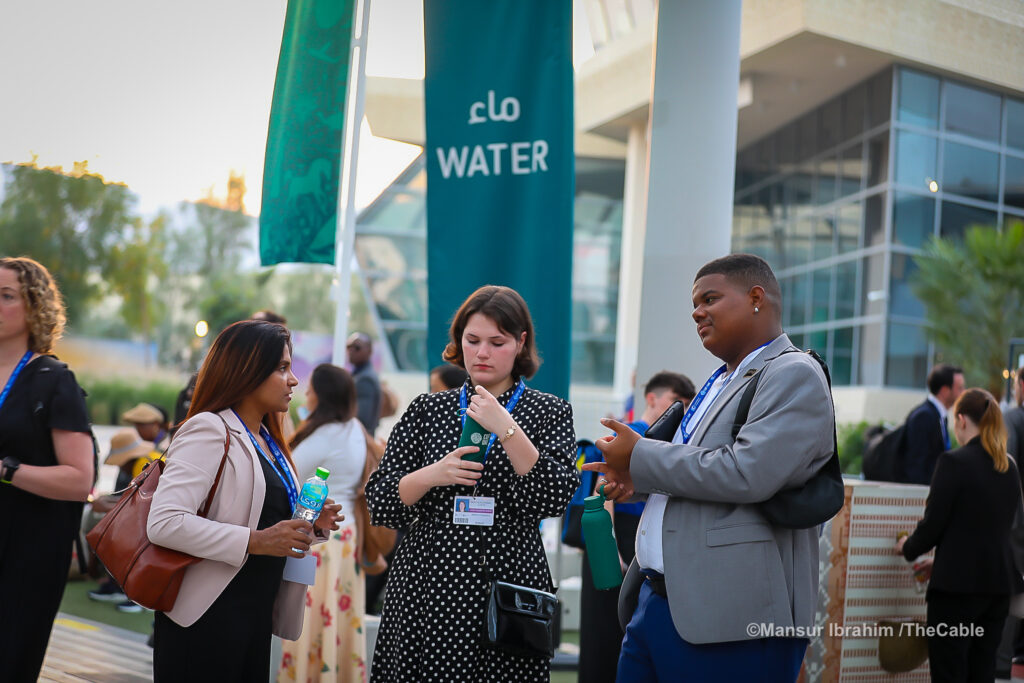
Operationalised at COP28, the new Fund for Responding to Loss and Damage represents one of the most significant recent advancements in climate finance. This fund is designed to provide financial assistance to countries suffering severe climate impacts, such as floods, droughts, and rising sea levels, that exceed their adaptive capacity. With an initial pledge of around $700 million, the fund requires far more to address the estimated $580 billion in annual damages that climate-vulnerable countries could face by 2030.
Advertisement
At COP29, the Loss and Damage Fund — whose board will be hosted by the Philippines — is expected to secure new contributions and establish clear mechanisms for disbursement. Many eyes are on developed countries to contribute meaningfully, as their historical emissions make them key stakeholders in addressing the climate crisis. Negotiators will also review the Warsaw International Mechanism (WIM), which was established to address the severe impacts of climate change. The review is a key opportunity to strengthen the WIM’s role and enhance its coordination with the Loss and Damage Fund and the Santiago Network, which aims to provide technical assistance to developing countries in addressing loss and damage.
- Financing Climate Adaptation
COP28 saw the establishment of a framework for the Global Goal on Adaptation, which is a collective commitment aimed at enhancing adaptive capacity, strengthening resilience, and reducing vulnerability to climate change.
Adaptation finance will be a focal point at COP29 as countries work to double adaptation funding. At the conference, countries will come together to set a new global target known as the new collective quantified goal on climate finance (NCQG) — effective from 2025. This goal will replace the one set in 2009, where developed nations agreed to provide $100 billion annually by 2020 to help developing countries reduce emissions and build resilience to the impacts of climate change.
According to the 2024 adaptation gap report by the United Nations Environment Programme (UNEP), the gap for annual adaptation financing could range from $187 billion to $359 billion. Therefore, the new target must not only significantly increase financial pledges but should also improve the accessibility of these funds.
Advertisement
At COP29, negotiators are expected to increase the overall climate finance and specify the timeframes, terms of its provision, and who/what the funding will support.
- Carbon Markets
After years of stalled talks, COP29 may finally establish rules on international carbon trading under Article 6 of the Paris Agreement. This would allow countries to trade carbon credits earned through the preservation of forests and other natural carbon sinks to achieve their national climate targets. However, challenges include determining what qualifies as a carbon credit, if credits should be evaluated before being traded, and whether/when credits can be revoked. COP29 is expected to set rules for guaranteeing transparency and environmental integrity in projects logged with the Paris Agreement Crediting Mechanism (PACM).
- Fossil Fuels Phase-Out
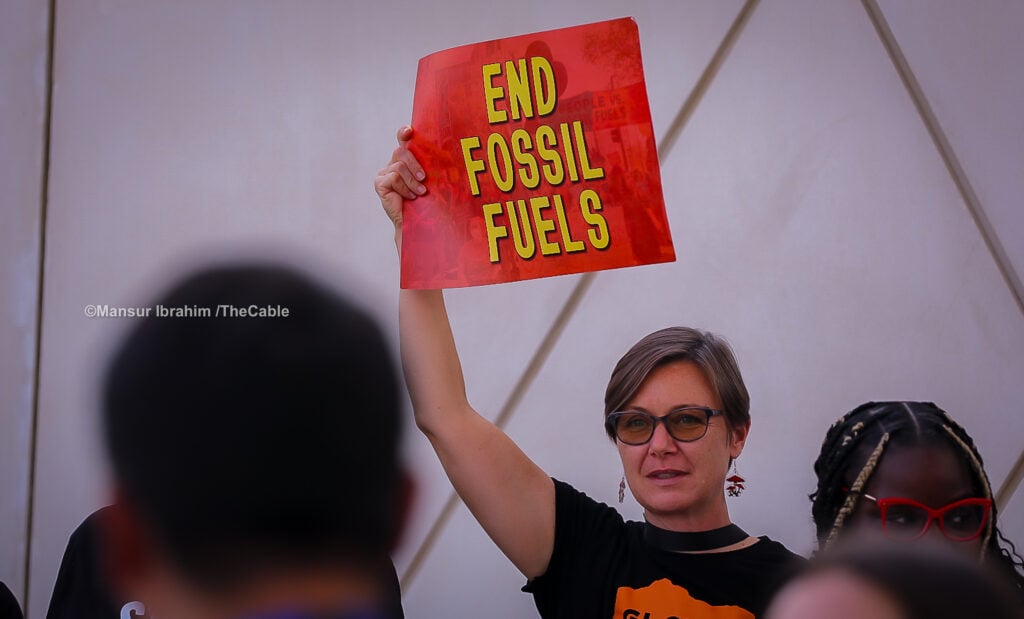
At COP28, countries reached a historic agreement to transition away from fossil fuels, triple renewable energy capacity and double energy efficiency. This agreement, however, lacked a deadline or an action plan. Despite being labelled as the “beginning of the end” of the fossil fuel era, both fossil fuel use and export sales have continued to rise globally.
COP29 is the moment for countries to stand by their pledges by announcing concrete steps to achieve them as well as providing data and information about their progress so far. Although achieving consensus on fossil fuel phase-outs has proven challenging in past COPs, Azerbaijan’s leadership at COP29 has pledged to advocate for a more equitable and rapid shift to renewables. Key measures include strengthening carbon markets to incentivise emissions reductions and investing in clean technologies.
Advertisement
- Private Sector Climate Finance
This year, COP will seek greater commitments from the private sector to fund climate solutions. The goal is to attract significant capital from both private investors and financial institutions to scale green innovations and reduce dependency on government funding alone.
The Baku Initiative for Climate Finance, Investment and Trade (BICFIT) is designed to attract substantial private sector investment to fund sustainable development projects, support green economic zones, and foster international trade practices that align with climate goals. This initiative aims to promote partnerships between governments, international bodies, and private companies, offering incentives and policy structures to encourage corporate investment in green technologies and sustainable industries.
Advertisement
- Transparency and Reporting
Azerbaijan has introduced the Baku Global Climate Transparency Platform to assist countries in fulfilling their reporting obligations. Parties to the Paris Agreement are required to submit a Biennial Transparency Report (BTR) every two years under the Enhanced Transparency Framework (ETF), with the first submission scheduled for December 31, 2024. These reports are critical for documenting countries’ progress on emissions reductions, climate policies, financial contributions, adaptation, and holding countries accountable for their climate commitments. COP29 is intended to provide a platform for parties to discuss how to enhance capacity-building to ensure that all countries undertake regular and transparent reporting.
With its ambitious agenda and strong focus on finance, adaptation, and urgent action, COP29 has the potential to create a blueprint for the next decade of climate action.
Advertisement
However, the success of the conference will depend on the willingness of developed nations to support vulnerable communities, the engagement of the private sector, and the inclusivity of voices often marginalised in climate discussions.
Advertisement
Add a comment
